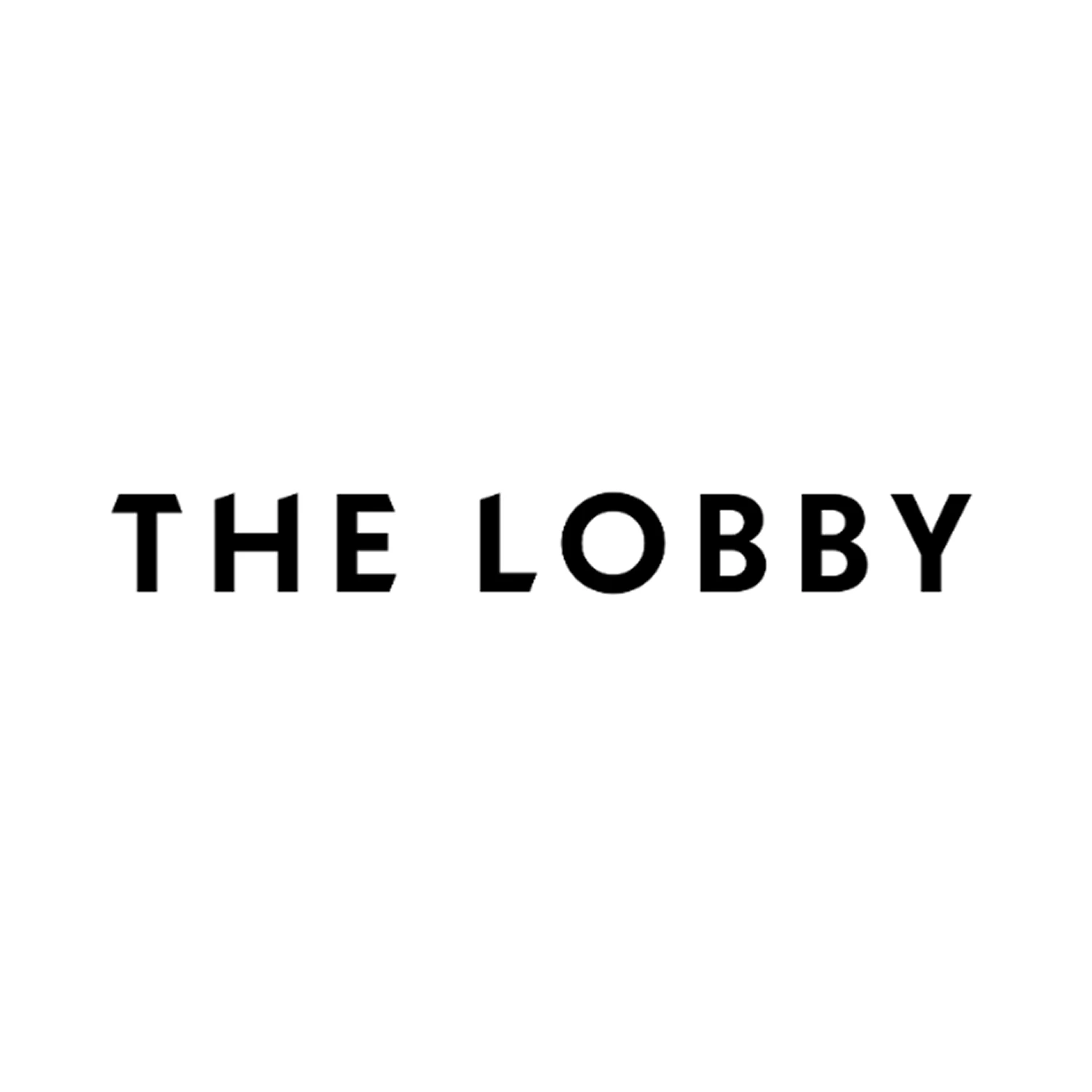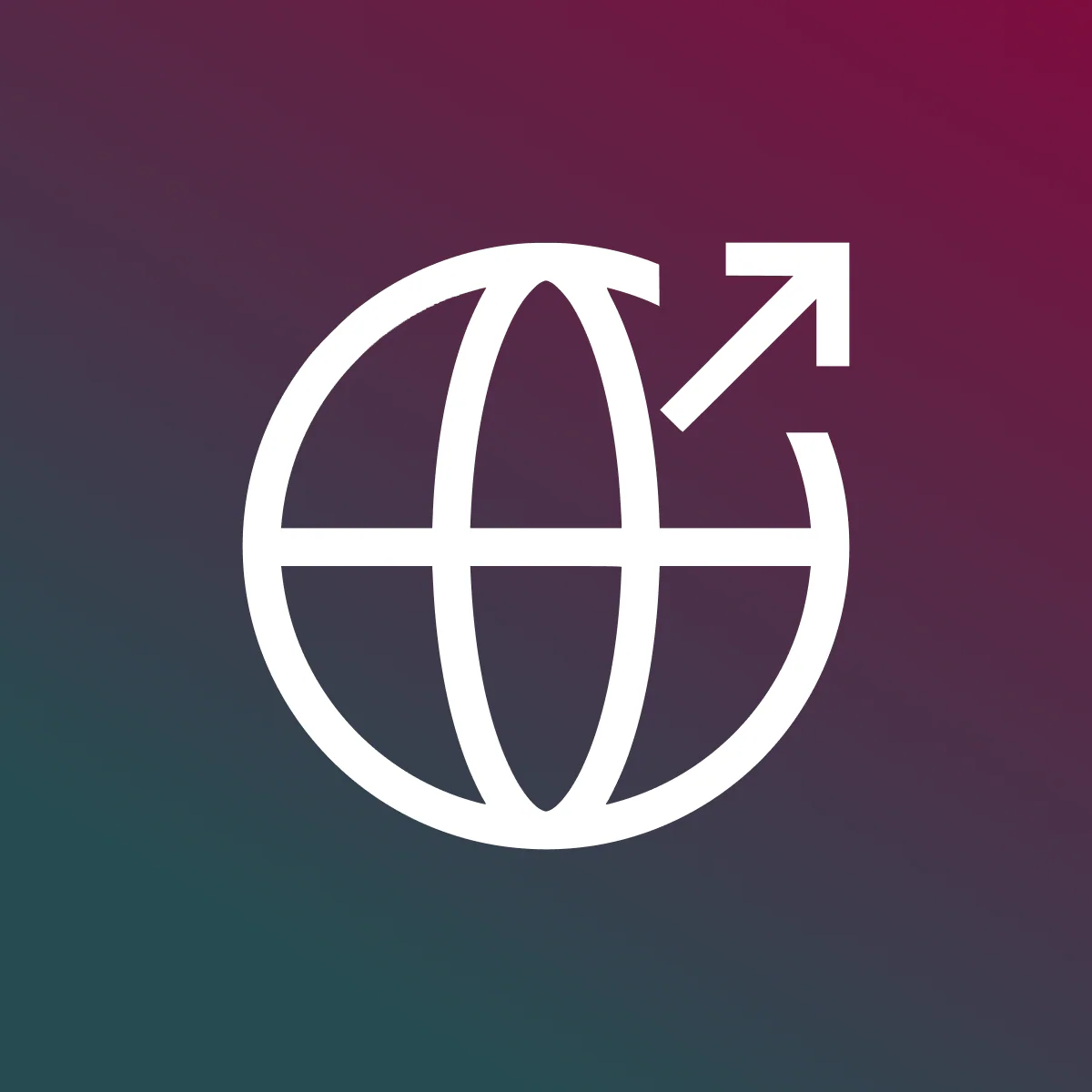Adding The Best Shopify Apps To Your Store
Choosing the right Shopify apps is critical for the long-term success of your Shopify Store. While your tech stack itself won’t grow your business and customer file, it will enable to you to build a solid foundation to scale and streamline a lot of your operations. A solid tech stack of apps that help you streamline operations and automate tasks in your business ultimately allow you to focus on the highest leverage tasks to grow your Shopify Store.
With that said, there are thousands of apps to choose from and it’s getting harder and harder to pick the right ones. It can get overwhelming to have to decide between so many apps when a lot of them functionally do the same thing. It also can be challenging to break through the noise of flashy marketing and only focus on what your business needs from an app. It’s critical to make good decisions when it comes to apps, though, as it will help you avoid tech-related headaches down the road when your brand is scaling.
It’s also critical to avoid what we call “App Addiction” and adding too many apps to your store from the start. It can be fun and enjoyable to download and onboard with lots of apps all at once, but it can ultimately clutter your store, create a confusion customer experience and add a lot of unneeded expenses in your business.
Avoiding App Overload
It's crucial to avoid what we call “App Addiction”—the tendency to add too many apps to your store from the start. While onboarding multiple apps simultaneously can be exciting, it can lead to a cluttered store, a confusing customer experience, and unnecessary expenses.
Based on our experience at 1-800-D2C, a solid app tech stack typically consists of 15-30 apps. Stacks with significantly more or fewer apps are rare and often problematic.
When it comes down to selecting the best Shopify Apps for your business and your needs, we have three key areas that we suggest merchants focus on:
App Features and Functionality
Not all apps are created equal, and the key to picking the right ones lies in understanding which features are essential for your business. It’s important to start by understanding what you need to accomplish in your business, rather than picking an app and then focusing on what you need in your business.
Define exactly what your business needs and then go find an app that will solve your exact needs. Whether it’s inventory management, customer service or marketing automations, there are hundreds of apps in each category which doesn’t make it easy to decide which is right. That’s why it’s critical to start from your needs and then make the decision.
You should also consider the app’s ability to be customized to fit your business - is it a one-size-fits-all app? Or is it fully customizable to fit your needs? That’s an important part because as your business grows, your needs will likely change and you will hopefully not have to cycle through tons of apps to fit evolving needs.
Reviews From Other Merchants
User reviews and overall app ratings are crucial when it comes to evaluating the reliability and performance of Shopify apps. When you’re scanning through reviews, look for recurring themes—both good and bad—that could sway your decision. Pay special attention to comments about ease of use, customer support quality, and any issues like bugs or performance glitches.
You should also scan through the app reviews and consider if others comment on the business need you have and how well the app solves it.
Another key thing to watch for is how the app developer handles negative feedback. A developer who takes the time to respond thoughtfully and address issues is likely committed to improving their app functionality continuously. On the flip side, be cautious with apps that have a ton of negative reviews or serious complaints.
You can also use our platform, 1-800-D2C, to browse similar brands in your category and see what apps they use in their tech stack. For example, if you’re in the apparel category, you can browse True Classic’s tech stack and check out what apps they use, why they use them and what they use the apps to accomplish. Having a resource like 1-800-D2C helps you cut through the noise, see what other similar merchants already use with success and ultimately get to a solid decision faster.
Test for Compatibility and Integration
One of the most critical factors when choosing a Shopify app is how well it integrates with the rest of your tech stack. An app might look great on its own, but if it doesn’t integrate well with your existing tools—like your email marketing platform, CRM, or accounting software—it could cause more problems than it solves. Make sure to check if the app is compatible with the key tools you’re already using in your business.
For example, if you are looking for a marketing analytics app like Triple Whale or Lifetimely, then it’s important to know if those apps will integrate with your other marketing platforms like Klaviyo, Attentive, PostPilot and more.
Most apps offer a free trial or demo, and this is your chance to put it to the test. During the trial, you can set up real-world scenarios to see how smoothly the app integrates with your other tools. Make sure to keep an eye out for any glitches or lack of integrations, as these can be red flags for future tech stack headaches.
Different Shopify App Categories
There are tons of Shopify app categories that can solve virtually every need in your business, no matter how niche or broad you want to go.
Whether you’re aiming to improve your marketing analytics, streamline your inventory management, or elevate your customer service function, there’s almost certainly an app for it.
Some of the most popular Shopify App categories include: marketing analytics, customer support, upsell and cross-sells, logistics, inventory management, chargebacks and email marketing.
Integration with Shopify’s Native Features
While third-party apps can provide powerful enhancements to your Shopify store, it's equally important to leverage Shopify’s built-in features to their full potential. Shopify offers a robust set of native tools that can cover many of your store’s needs, from inventory management and payment processing to basic SEO and analytics. Especially if you are just starting your first store or are a bootstrapped brand, you can get pretty far with using Shopify's native features to start and eventually integrating with some of the more advanced apps.
For example, instead of integrating your analytics and business data into Triple Whale right from the start, you can start by using Shopify's native analytics and business intelligence functionalities. Doing this will save you a few hundred dollars per month and likely help you dial in on the metrics that matter most to your business from the start. Then, once you cross $1-2M/year in GMV, you can start to explore a business intelligence and marketing analytics app.
Another example would be Shopify’s native email marketing tool, Shopify Email. This native tool set might cover your basic needs without the need for an external tool like Klaviyo which can get expensive. Similarly, Shopify Payments is a solid, integrated solution for processing payments, which could eliminate the need for third-party payment gateways like Authorize or PayPal. If you make use of all of the native Shopify features off the bat, you can avoid redundancy, reduce costs, and simplify your tech stack.
App Performance and Site Speed
App performance directly impacts your store’s site speed and overall user experience, making it crucial to monitor how each app affects your site’s performance. Every app you install can add code, scripts, or additional load times, which may slow down your site and lead to a less optimal experience for your customers.
If the app does install code onto your store, it will ask for your permission to do so before you download the app. The code will be either an App Embed (which you can manage in the Shopify Theme Customizer) or it will inject directly into the theme file of your store.
Usually when you uninstall Shopify apps, the code does not get automatically removed. You will want to make sure that you are removing the code from an app each time you decide to uninstall.
To ensure your site remains fast and responsive, regularly audit the apps you have installed. Start by using tools like Google PageSpeed Insights or Shopify’s built-in speed report to assess your site’s performance before and after adding a new app. Pay attention to any significant drops in speed, as even small delays can affect conversion rates.
Shopify App Pricing Models
Pricing models can vary widely, and understanding how apps charge you is key to making good decisions (and building a healthy tech stack). From freemium plans that offer basic features for free to subscription-based models that charge a monthly fee, each pricing structure comes with its own set of pros and cons. Some apps might offer one-time payments, while others charge based on usage.
One thing we’ve always recommended to brands we work with at 1-800-D2C is to avoid usage-based pricing models as best as you can. For example, subscription apps like Recharge are known to charge you a % of your subscription GMV, and if you are subscription-heavy business, that can essentially mean you are paying a % of your revenue to an app. Another example is order-based volume pricing for post-purchase upsell apps or checkout extension apps - these can be sneaky pricing models from apps where they charge you a small fee per order that can really add up.
The best apps usually charge a flat fee, not based on usage or volume, and deliver a fantastic customer experience.
Conclusion
Building a solid tech stack is crucial for the success of any Shopify store. With thousands of apps available, it's important to choose the right ones that align with your business needs. From analytics and customer engagement tools to subscription management and chargeback solutions, the apps you integrate can streamline operations, boost conversions, and enhance customer experiences.
Take the time to test compatibility, read reviews, and focus on apps that help scale your business without adding unnecessary complexity. With the right setup, you’ll be positioned to grow efficiently and stay ahead in the competitive eCommerce landscape.
Explore More Shopify Apps
There are thousands of Shopify Apps to consider adding to your store and we have the top 20-30 in each category listed and explained on our platform. Here are some of the categories of Shopify Apps you should explore:









































































